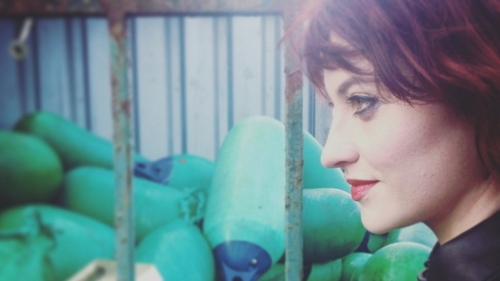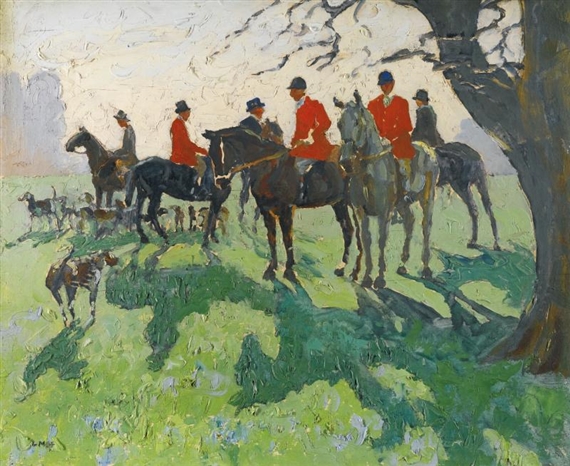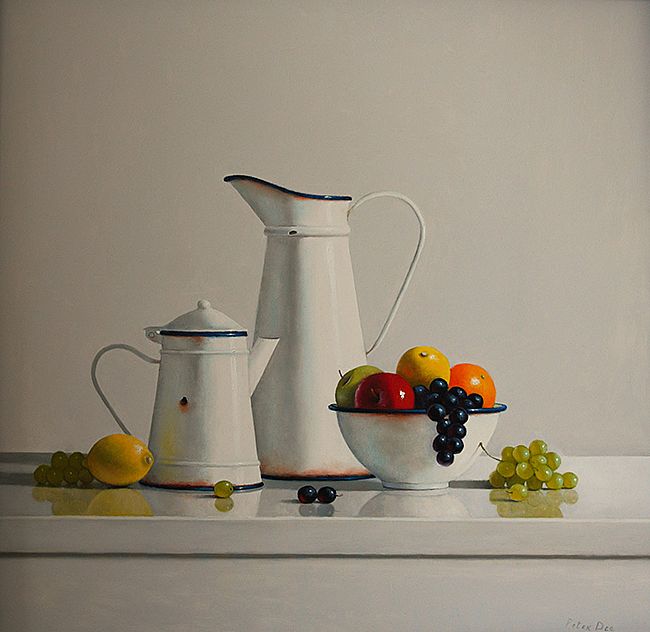Traditions must be maintained!
An Etching by Rembrandt
A Literary extract from Charles Dickens
Music by Bob Dylan and Judy Garland .
Rembrandt may be the most searching anatomist of the human heart who has ever lived.
There is such depth of humanity in Rembrandt’s etching of Mother and Christ Child.
The scene glows with immediate and eternal love and intimacy.
So, at last it’s Christmas Eve!
I hope you have enjoyed the music and reflections on the way here.
I have agonised over the music choices in this series and have many years worth stored up for Christmases to come (you have been warned!).
But today’s choices were the first I wrote down and were my inevitable selections for the day before the great Feast.
First, the Keeper of American Song, Bob Dylan, with his inimitable spoken word rendition of Clement Moore’s, ‘The Night Before Christmas’.
It is safe to say that Bob’s pronunciation of the word ‘Mouse’ has never been matched in the history of the dramatic arts!
Of course, in the process of his more than 50 year career Bob has continually been reinventing himself and in so doing has gloriously renewed American culture.
The clip, above comes from his wonderful, ‘Theme Time’ radio show where over a 100 episodes he displayed an encyclopaedic knowledge of twentieth century popular music and a wicked sense of humour.
Bob also recorded for the season at hand the deeply heartfelt, ‘Christmas In The Heart’ album which gets better and more extraordinary with every hearing.
It is clear that Bob, who is well aware that it’s not dark yet (but it’s getting there) is consciously rounding out his career by assuming the mantle of the grand old man of American Music tipping his hat to every tradition (hence the deeply stirring series of CDs where he explores the Great American Songbook).
The only safe thing to say about Bob is that he will have a few surprises for us yet!
Who could have imagined his helter-skelter, how fast can you polka punk?, take on, ‘Must Be Santa’?
Only Bob Dylan!
Only Bob.
Now we turn to Judy Garland with a Christmas song without peer, ‘Have Yourself A Merry Little Christmas’.
Her singing on this song seems to me to be almost miraculous.
It’s as if her singing really came from secret chambers of the heart all the rest of us keep under guard.
No wonder she has such a deep impact on us – we know she is expressing a profound truth about the human condition – our need to love and know we are loved.
Judy Garland paid a high price in terms of personal happiness for living her life and art with such an exposed heart and soul but she fulfilled a vocation given to very few and left an indelible mark on her age and will surely do for aeons to come.
Today, not a poem but the concluding passages from, ‘A Christmas Carol’ by the incomparable Charles Dickens – a writer for all seasons and situations.
‘Hallo!’ growled Scrooge, in his accustomed voice, as near as he could feign it. What do you mean by coming here at this time of day?
‘I am very sorry, sir’ said Bob, ‘I am behind my time,’
‘You are?’ repeated Scrooge. ‘Yes. I think you are. Step this way, sir, if you please.’
‘It’s only once a year, sir,’ pleaded Bob, appearing from the Tank. ‘It shall not be repeated. I was making rather merry yesterday, sir.’
‘Now I’ll tell you what my friend, said Scrooge, I am not going to stand that sort of thing any longer. And therefore, he continued, leaping from his stool and giving Bob such a dig in the waistcoat that he staggered back into the Tank again, and therefore I am about to raise your salary!’
Bob trembled and got a little nearer to the ruler. He had a momentary idea of knocking Scrooge down with it, holding him, and calling to the people in the court for help and a strait-waistcoat.
‘A merry Christmas Bob! said Scrooge, with an earnestness that could not be mistaken, as he clapped him on the back. ‘A merrier Christmas, Bob, my good fellow, than I have given you for many a year! I’ll raise your salary, and endeavour to assist your struggling family, and we will discuss your affairs this very afternoon, over a Christmas bowl of smoking bishop, Bob! Make up the fires, and buy another coal-scuttle before you dot another i, Bob Cratchit!’
Scrooge was better than his word. He did it all, and infinitely more; and to Tiny Tim, who did NOT die, he was a second father. He became as good a friend, as good a master, and as good a man, as the good old city knew, or any other good old city, town, or borough, in the good old world. Some people laughed to see the alteration in him, but he let them laugh, and little heeded them; for he was wise enough to know that nothing ever happened on this globe, for good, at which some people did not have their fill of laughter in the outset; and knowing that such as these would be blind anyway, he thought it quite as well that they should wrinkle up their eyes in grins, as have the malady in less attractive forms. His own heart laughed; and that was quite enough for him.
He had no further intercourse with Spirits, but lived upon the Total Abstinence Principle, ever afterwards, and it was always said of him, that he knew how to keep Christmas well, if any man alive possessed the knowledge.
May that be truly said of us, and all of us! And so, as Tiny Tim observed, God bless us, Every One!
And who am I to do anything other than echo Mr Dickens and Tiny Tim?
So, to all the readers of the Jukebox I wish you a peaceful and joyous feast – however you choose to celebrate it.
God bless us, Every One!












